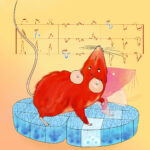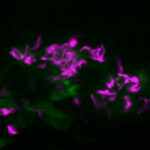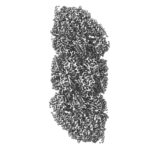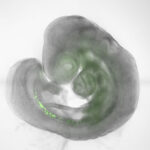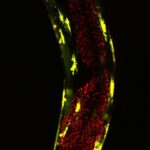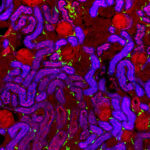
Chronic kidney disease affects more than 500 million patients worldwide, but there are no specific treatments that prevent disease progression. A lack of tissue availability has limited research into human kidney function and animal research hasn’t translated into treatments for human patients.
